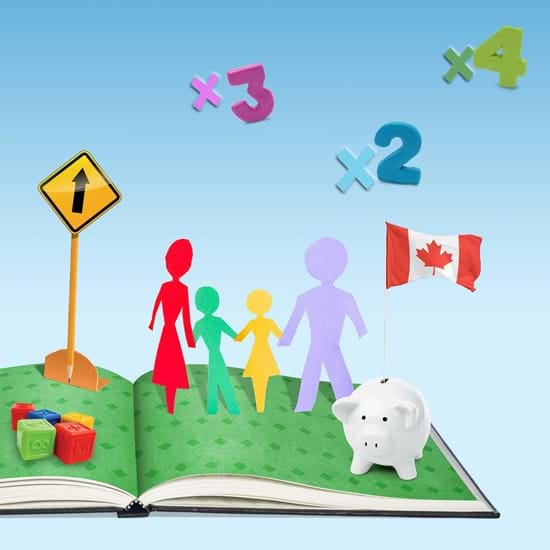
One coffee to go… or to save?

Written by: François Gagnon
I’ve always loved my morning cup of coffee, and literally need it to wake up. Back in the day, it reached the point where I couldn’t keep myself from stopping by Tim Horton’s every morning; that is, until someone on my show asked how much I spent on coffee weekly. Then they asked: “Why don’t you get a travel mug and make it yourself?” Well, that is a good question!
Is coffee a luxury?
After doing the math, I realized that my morning coffee actually cost me a pretty penny. And I own a coffee machine just like everyone else! Would it really be so hard to brew an extra cup for the road? Come to think of it, if one cup costs $1.75 and you buy five each week, times 48 weeks a year, that’s at least $420 a year—you can double that amount if you’re more of a Starbucks person.
And how much would your cup of homemade coffee cost you instead? Less than 15 cents. Maybe a little more if you prefer pods, but even then you’d still save money! So if my calculations are right, stopping by Tim’s so often ends up costing me $420, while I could drop this sum to $40 if I made my own coffee… that’s $380 that would stay in my wallet each year. Wow!
Break bread, not your piggy bank
I decided to explore this savings method a little further. For a whole week, my wife made some extra food for dinner so I would have leftovers the next day. Having lunch at the TVA cafeteria would cost me an average of $8 per meal. Just like with coffee: $8 x 5 days a week x 48 weeks = $1,920/year, which is a lot! That week, I calculated that bringing my own lunch cost me around $3.50, so I saved $4.50 per lunch. Yearly, my savings totalled $1,080.
So only by reviewing my coffee and food expenses, I could easily save $1,500 yearly.
Saving without sacrifice
I wasn’t ready to sacrifice these small pleasures, but I had to admit that making my own coffee and lunch was cheaper. I decided to see the amount of my savings as an extra motivation: saving does not necessarily mean sacrifice, it’s just smart spending.
With this in mind, you could review your family’s whole budget. Have you ever noticed how much we spend on telecommunications? I am not saying we should get rid of our TV, cellphone and Internet connection, but we could definitely save a considerable amount of money if we just took the time to consider all the different option plans available and choose one that meets our lifestyle needs. Why pay for high-speed Internet when you’d be fine with a slower connection? And why pay for those channels you never watch? Or if you don’t use your data, why not change to a basic Talk and Text plan? There’s free Wi-Fi everywhere!
Below are two option plans, offered by the same provider (whose name I will not disclose, since they offer similar options anyways). I picked the second plan. It’s true that the first offers more, but most people will say the second is more than enough for them.

You can apply this to any expense, whether it’s your car, electricity bill, mortgage, insurance, etc. If I was able to save $2,300 by reviewing three types of expenses, imagine what would happen if you applied this to your whole budget! This could mean up to $5,000 into your TFSA or your RRSP, or into a registered education savings plan RESP.
After this, you would appreciate your coffee even more, too!
François Gagnon


